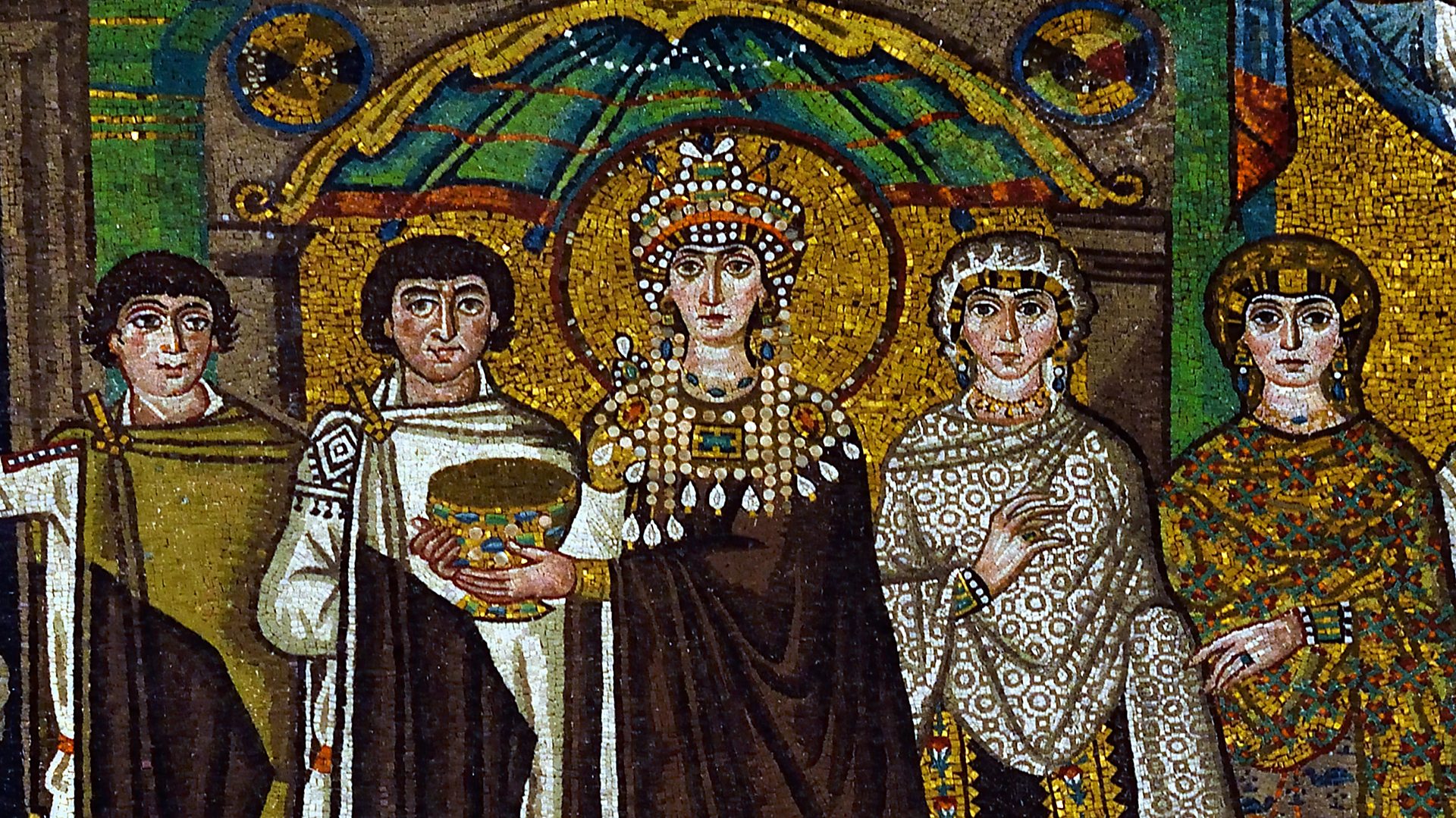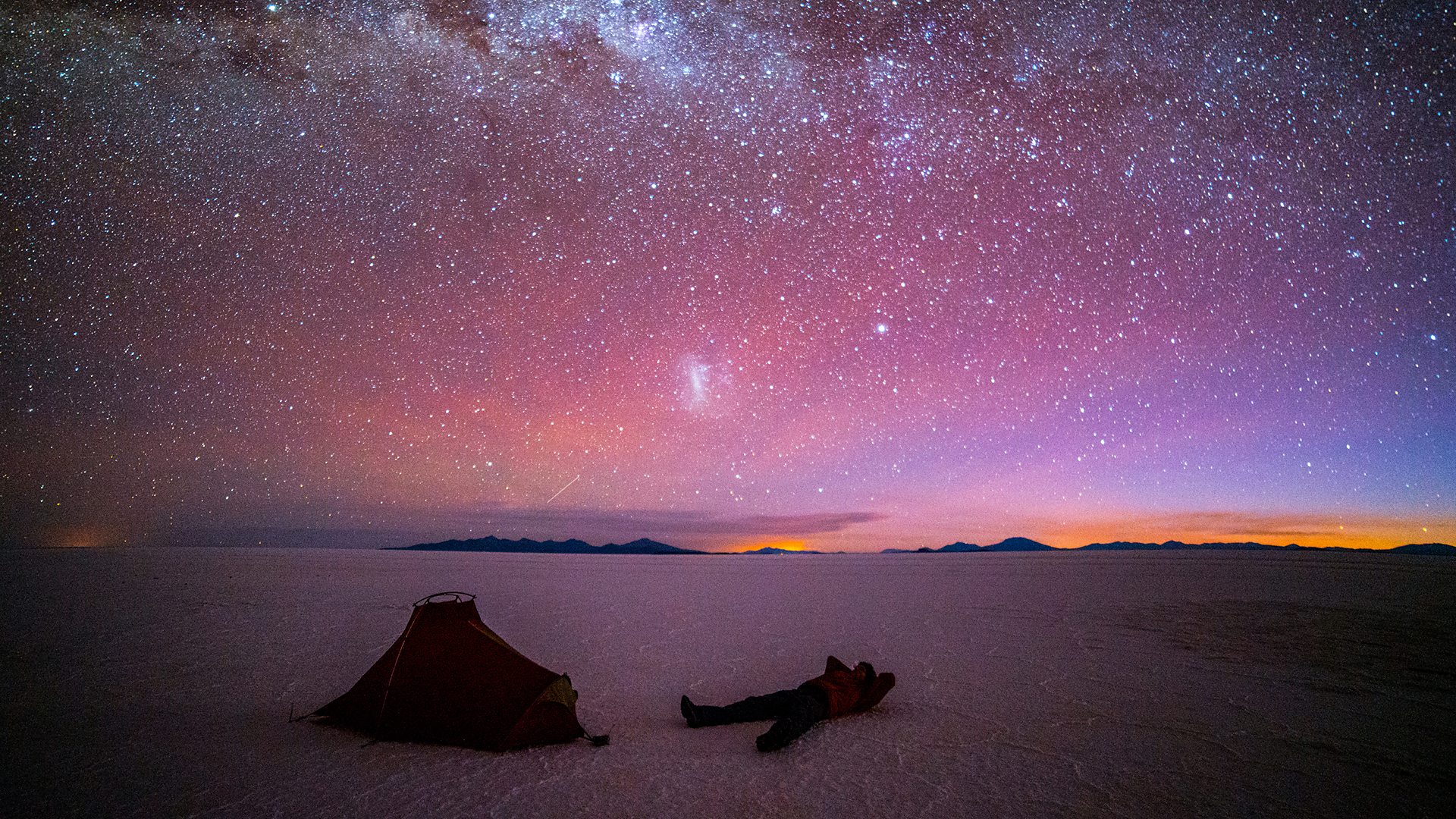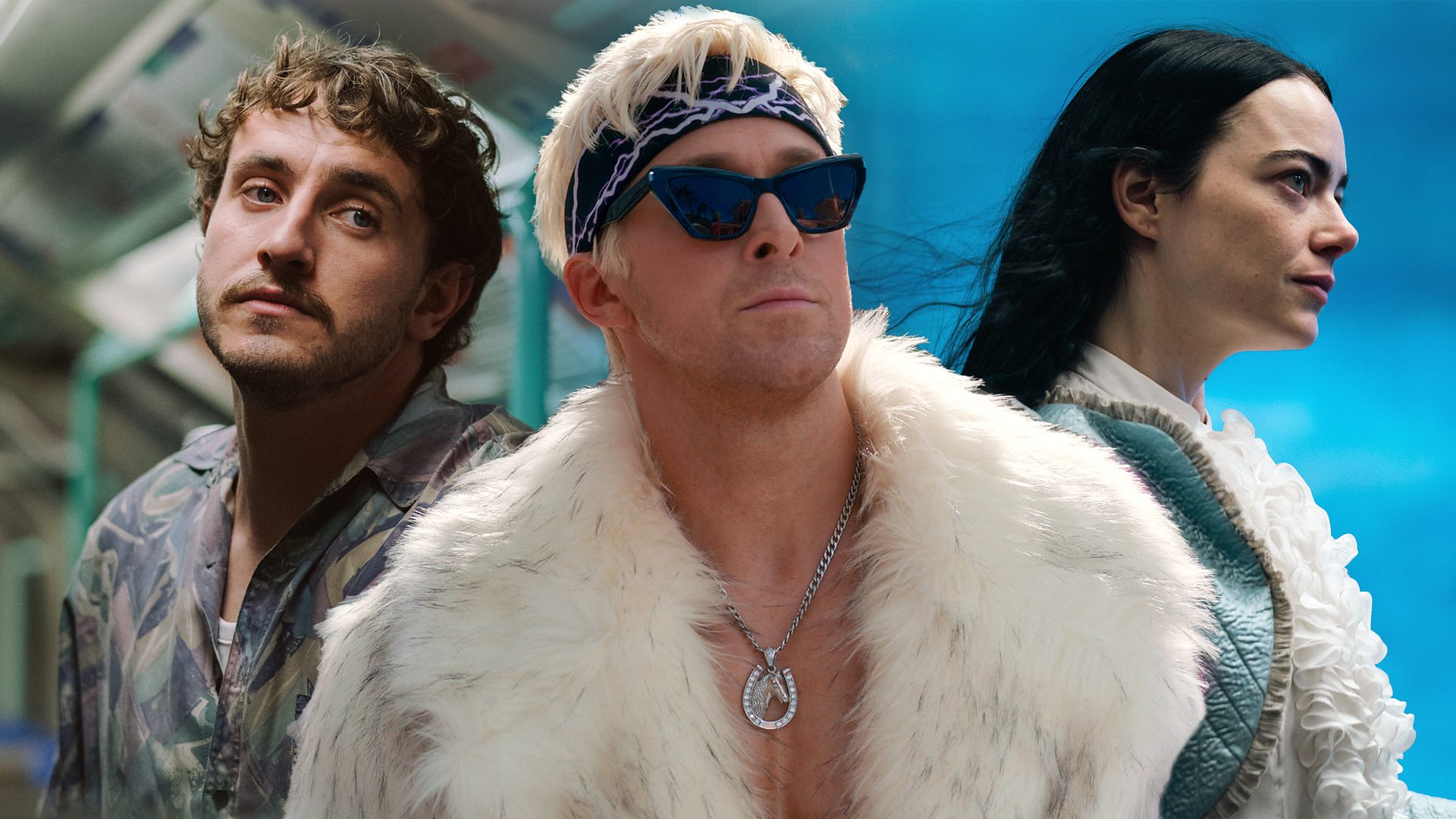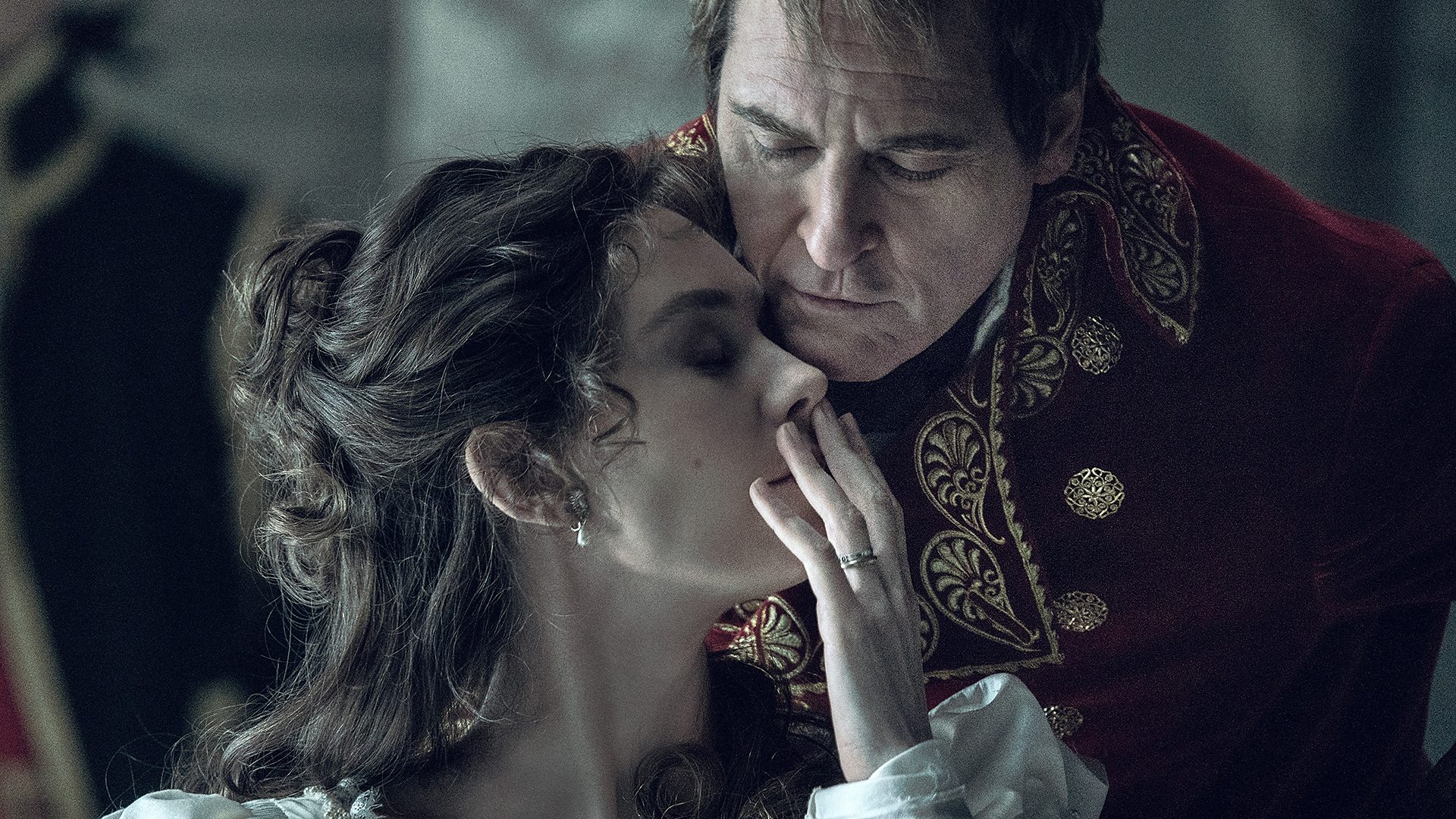JFK assassination: John F Kennedy's mother Rose's 'agony' following the tragic loss of her son, 60 years ago
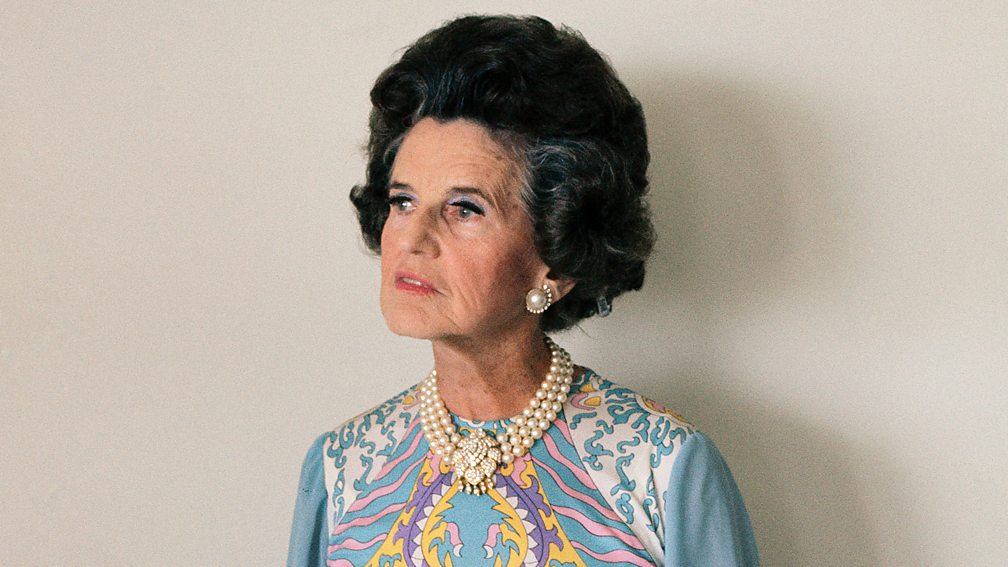
To mark the 60th anniversary of JFK's death, revisit an exclusive BBC interview with the US president's mother, Rose, who movingly details the family's intense pride and sorrow.
"I'm an optimist. When I first heard it, I thought maybe it was just an accident, or a slight… slight sort of thing," says Rose Kennedy, grief still etched on her face as she reflects on hearing the news that her son John F Kennedy had been shot in Dallas in 1963.
"But then Bobby [Kennedy, JFK's younger brother] telephoned and said it was serious, and then events moved very quickly."
More like this:
- JFK's death: One of the US's biggest mysteries
In this exclusive BBC clip from 1973, recorded to mark the 10th anniversary of her son's death, Rose speaks with poise and restraint. It was not the first horrific tragedy she had faced: her eldest son, Joe Jr, had been killed in action during World War Two; her daughter, Kathleen, in a plane crash in 1948. And just five years after JFK's fatal shooting, she was bereaved again, when her son, Democratic presidential candidate Robert died at the hands of an assassin. In this moving clip, she describes the pride she felt as Kennedy's mother at his inauguration, coupled with her intense grief upon his death, as: "the agony and the ecstasy of Michelangelo: we've had these ecstatic moments – and these tragic ones".
The profound loss Rose felt at her son John's death would be reflected by the shock and grief that would play out across the US, to the extent that a whole generation would be able to remember exactly where they were when they heard that he had been shot.
In the frantic police investigation following the shooting, Lee Harvey Oswald was arrested as the prime suspect, but before he could stand trial, he was shot and killed by nightclub owner Jack Ruby, leaving many unanswered questions.
The circumstances of JFK's death have captivated the public's imagination, and new details about the assassination continue to come to light. In December 2022, US President Joe Biden ordered the release of thousands of unedited government files about the murder, and this year a book by a former Secret Service agent – who witnessed the president's death at close range – cast doubt on the conclusion by the Warren Commission, the 1964 US government inquiry into the killing, that Lee Harvey Oswald had been the sole gunman.
Presidential hopes
Born in 1917, JFK was raised in a wealthy, politically-connected family of Irish Catholics in Boston. He was one of nine close-knit, boisterous children, and his father, Joe, fostered an atmosphere of intellectual and physical competition among his offspring. The second oldest son, John was pushed to excel from an early age.
After studying at Harvard, and writing a best-selling book while he was there, he volunteered his services to the US Armed Forces, and saw combat in the South Pacific during World War Two, winning a medal for heroism for leading his comrades to safety after their boat was sunk.
In History
In History is a series which uses the BBC's unique audio and video archive to explore historical events that still resonate today
JFK initially hoped to pursue a career in journalism or teaching. His father had groomed his older brother, Joe Jr, to run for political office but he was killed in combat in 1944. So, when JFK was discharged from the Navy the following year, he took up his father's presidential hopes.
Energetic and eloquent, he proved adept at the task, first getting elected to the US House of Representatives in 1946, followed by a successful bid for the US Senate six years later.
In 1960, he set his sights on the White House. Standing as the Democratic candidate, he faced off against Republican Richard Nixon in an unprecedented series of TV debates that proved to be the highlight of the campaign. Telegenic and clearly at ease in front of the camera, he seemed a forward-thinking politician who resonated with the youthful idealism that was growing in the aftermath of World War Two.
He narrowly won the election, becoming the youngest US president in history at the age of 43, as well as the first Roman Catholic. In his inaugural address, he laid out a bold vision for collective action and civic duty with his famous words: "Ask not what your country can do for you; ask what you can do for your country."
This set the tone for his presidency with a stated commitment to civil rights, scientific advancement and international diplomacy. He established the Peace Corps, enabling young Americans to volunteer to work in developing nations, and he set an ambitious goal to put a man on the Moon by the end of the 1960s. He also advocated strongly for African Americans' equal rights, sending federal troops to enforce desegregation at the University of Mississippi.
But his presidency was also framed by the intense geopolitical tension between the US and the Soviet Bloc when he came to power, much of which would play out over the island of Cuba. First when in 1961, he approved an easily defeated CIA plan to land Cuban exiles at the Bay of Pigs to overthrow the communist government. And then with the Cuban Missile Crisis, where the discovery of Soviet forces building silos for missiles on the island, triggered a tense standoff that brought the world to the brink of nuclear war.
JFK as a president chimed with a generation who believed the future could be better, and were eager to actively participate in shaping it. He invited cameras into his life and that of his young family in a way that made people feel they knew him. His presidency seemed to hold immense promise and potential. When his life was cut short so shockingly, it sparked a wave of grief and mourning that left an indelible mark on the consciousness of the nation.
In History is a series which uses the BBC's unique audio and video archive to explore historical events that still resonate today.
If you liked this story, sign up for The Essential List newsletter – a handpicked selection of features, videos and can't-miss news delivered to your inbox every Friday.
